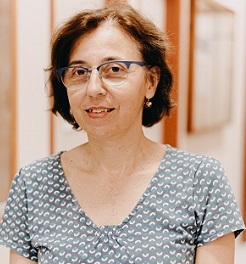Anna Roussou
University of Patras
|
The present talk splits into two parts. The first part is an overview of what has been achieved in the study of Greek syntax within the framework of Generative Grammar so far. This concerns the variety of syntactic phenomena, the emphasis on morphosyntax given that Greek is an inflectional language, the variation attested, as well as the contribution the study of Greek has had in comparative syntax. The phenomena of word order, null subjects, subjunctive particles (vs infinitives), relativization and complementation, as well as properties of the nominal system are some of the main topics that have been discussed in the literature. This discussion is not meant as a ‘state-of-the-art’ presentation, but more as an attempt to show what has been achieved so far, bearing also in mind the contribution of Irene Philippaki-Warburton towards that direction.
In the second part I will focus on some open issues that remain at the forefront of current research, such as control and raising, which present a challenge for minimalist approaches. They represent a good case where null subjects, lack of infinitives, subjunctive particles, and case interact; at the same time, they are phenomena that have been well-discussed with respect to Greek, contributing to a better understanding of the data, while offering a variety of analyses. I will also outline some less well-studied aspects of clause structure with special reference to the left periphery in relation to discourse properties, again bearing in mind that various modal particles, including the subjunctive one, are arguably part of the left periphery.


